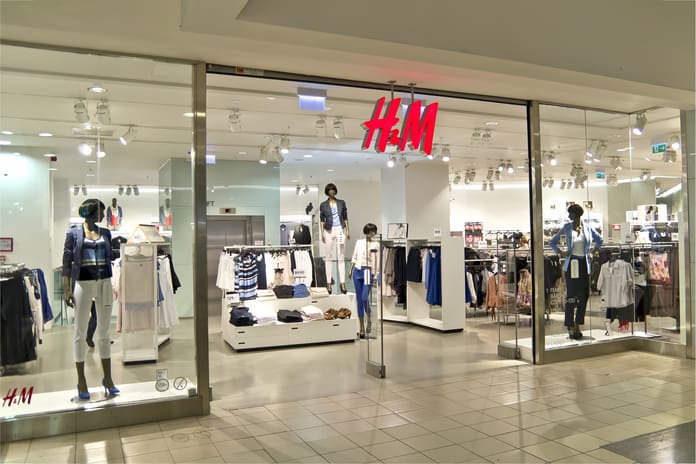The official H&M (OTC:HNNMY) store on Alibaba’s (NYSE:BABA) Tmall e-commerce platform has reopened, sixteen months after the Chinese site shut it down in response to the brand’s condemnation of human rights abuses in Xinjiang.
Tuesday’s Reuters scan of the platform confirmed the reopening, which was originally detected by Chinese netizens and confirmed by a search of the platform by Chinese netizens.
It was unclear what caused the reopening, and neither H&M nor Alibaba (NYSE:BABA) immediately responded to calls for comment from Reuters.
Tmall and several other Chinese platforms and applications removed references to the fashion brand after it was reported that H&M (OTC:HNNMY) had committed not to acquire cotton from China’s far western Xinjiang region due to human rights concerns.
UN experts and human rights organizations estimate that over a million individuals, primarily Uyghurs and other Muslim minorities, have been held in Xinjiang’s enormous system of camps during the past few years. China denies all abuse allegations.
In March 2018, H&M, the world’s second-largest fast-fashion store, debuted on Tmall
It was one of many Western businesses implicated in the Xinjiang cotton scandal in March of last year and was disproportionately affected as one of the first to be attacked by Chinese social media users.
While other brands such as Nike (NYSE:NIKE), Adidas , Burberry, and Converse had their celebrity ambassadors terminate relations due to their public vows not to use Xinjiang cotton, H&M was the only brand to have its online identity in China completely deleted.
Since March 2021, H&M has only been able to sell online in China through its own website and a mini-program on WeChat. It has not been accessible or searchable on major third-party platforms like Tmall or JD.com.
In June, H&M closed its flagship shop in Shanghai as a result of customer response to the Xinjiang cotton scandal and lockdowns in China’s commercial city.
In 2007, H&M (OTC:HNNMY) entered China with the construction of this three-story flagship shop and expanded swiftly. It had over 500 stores in mainland China at the beginning of the year, but its website today lists only 375.
Featured Image: Megapixl © Radub85















